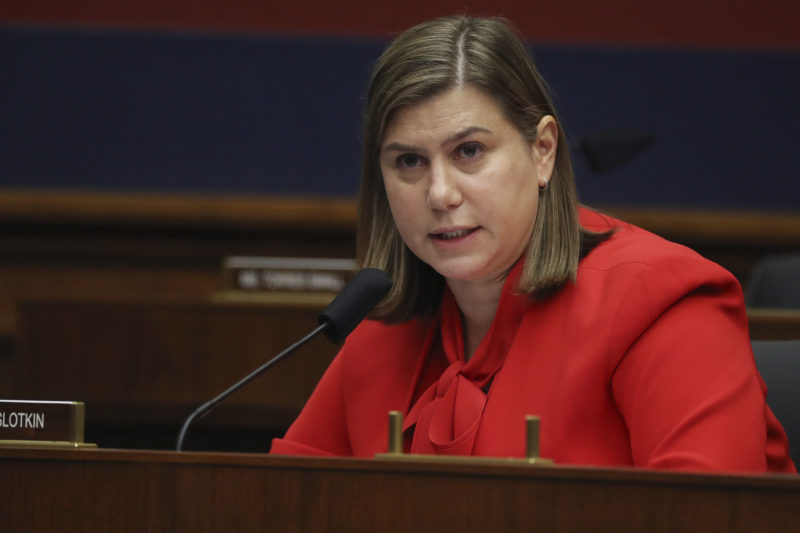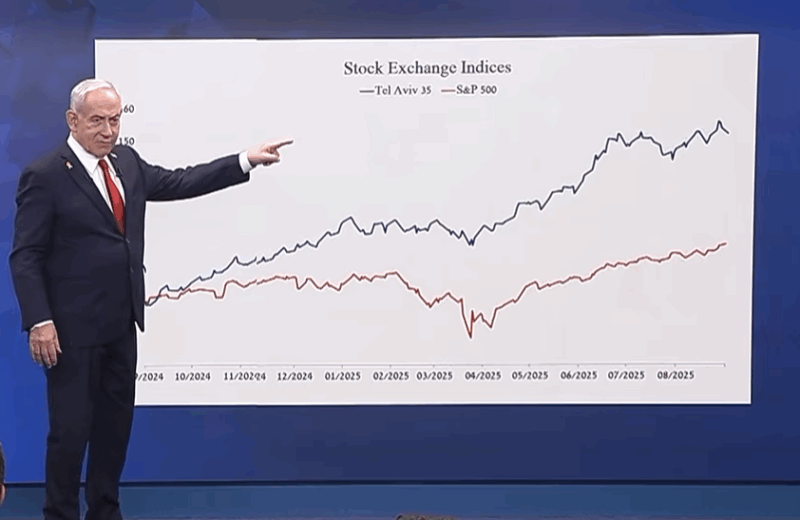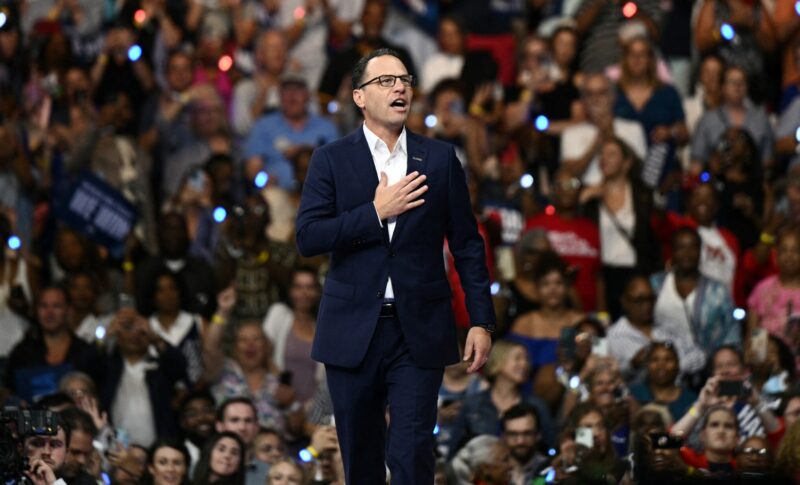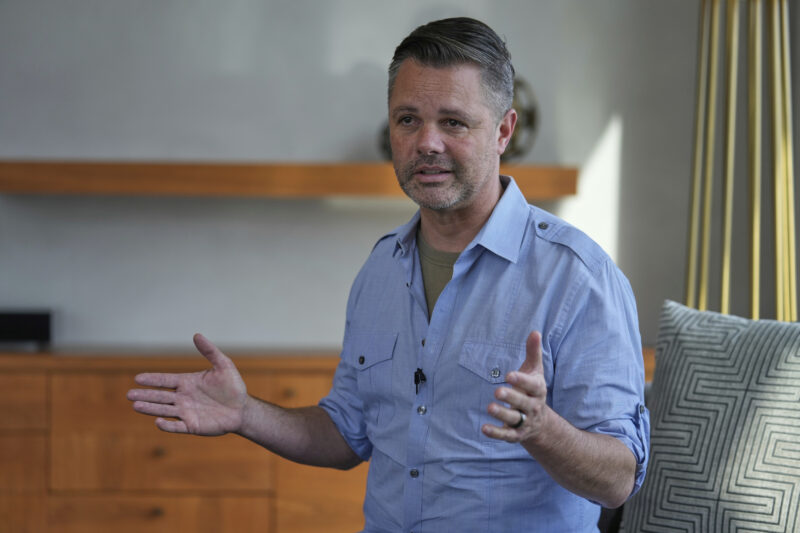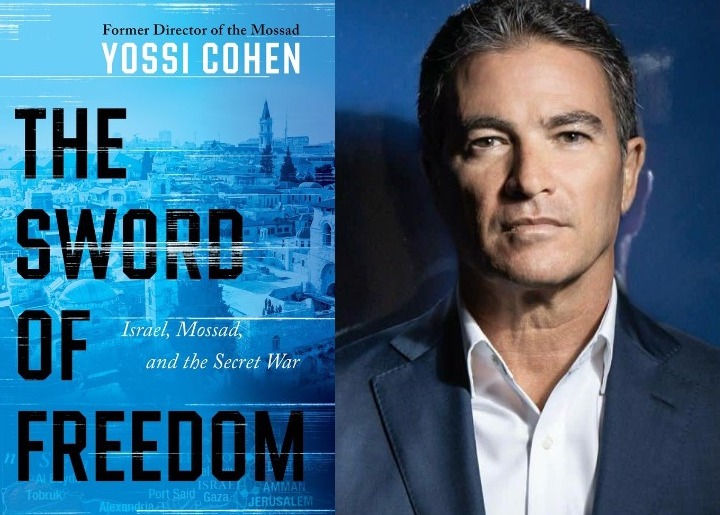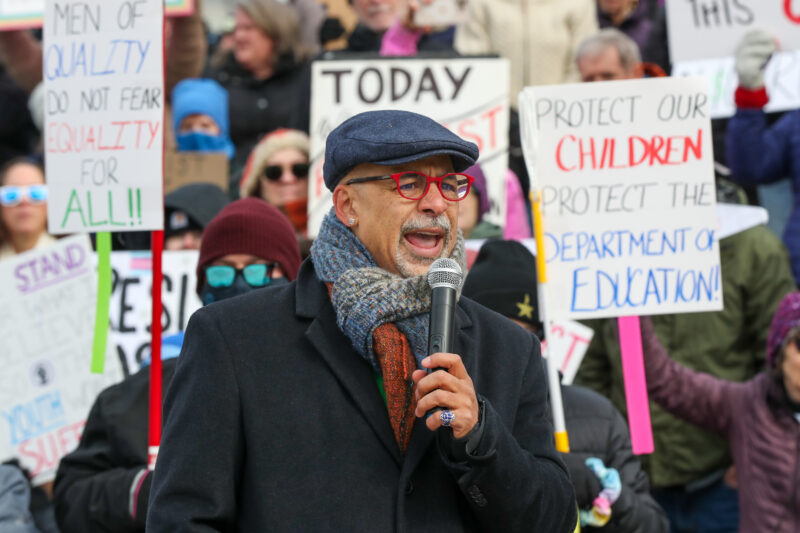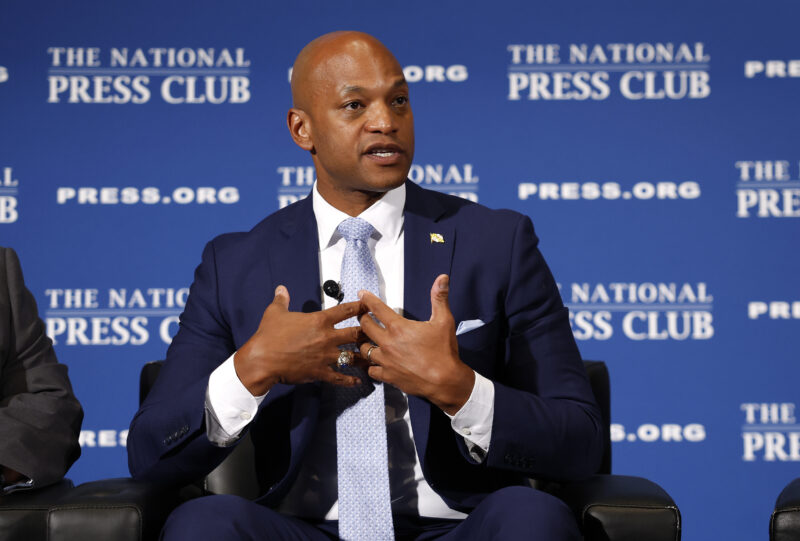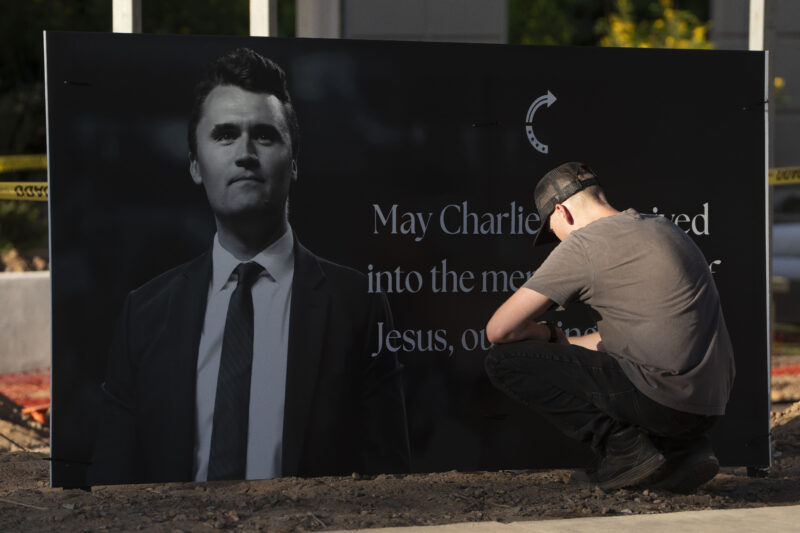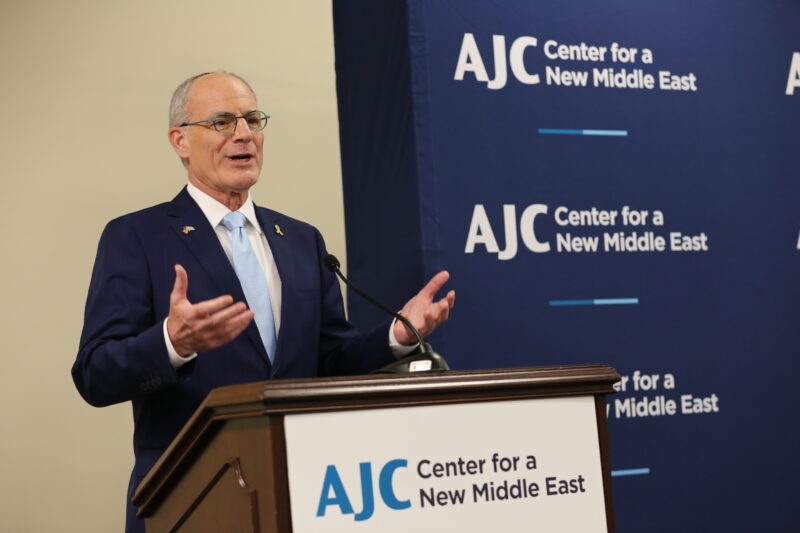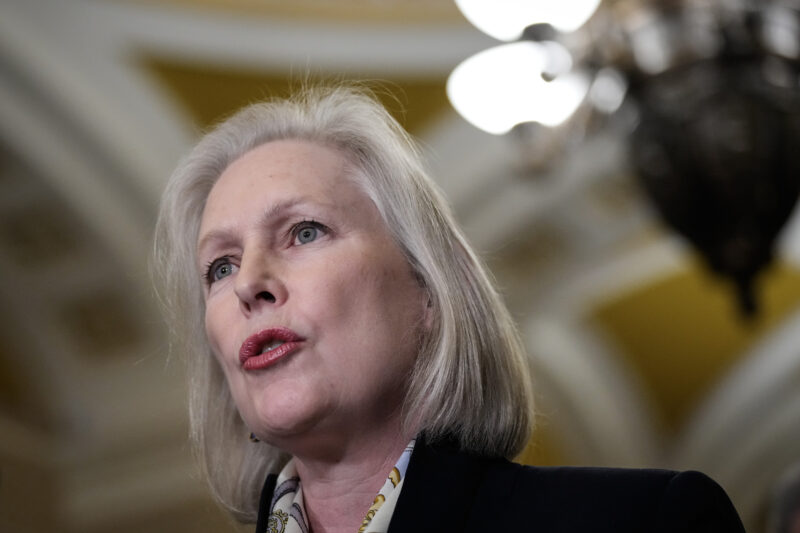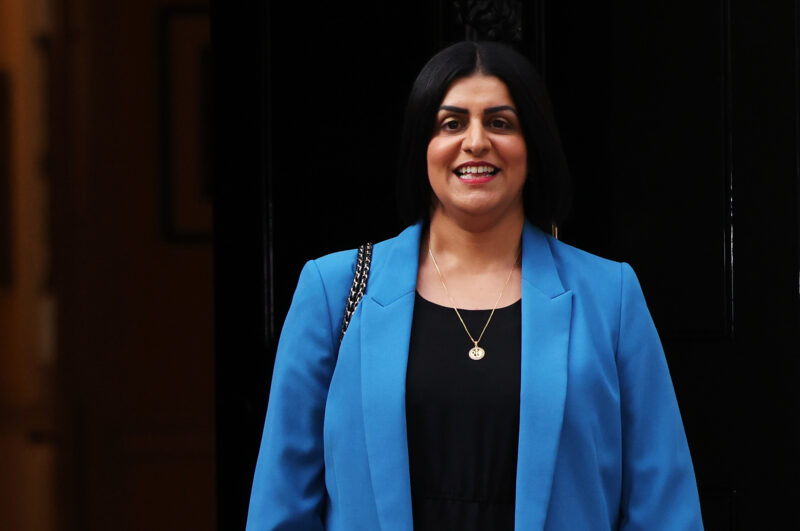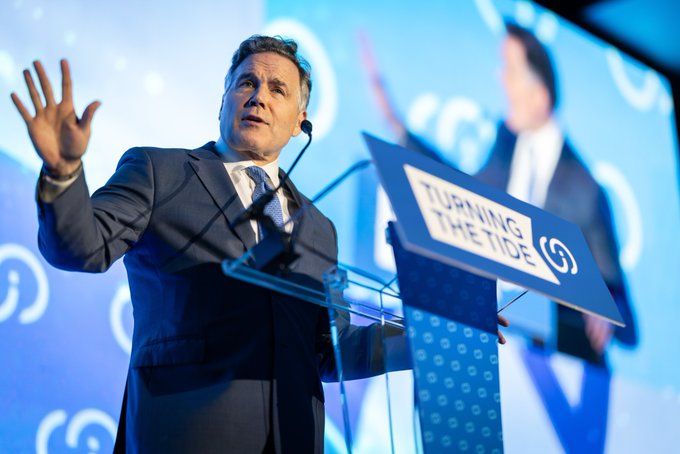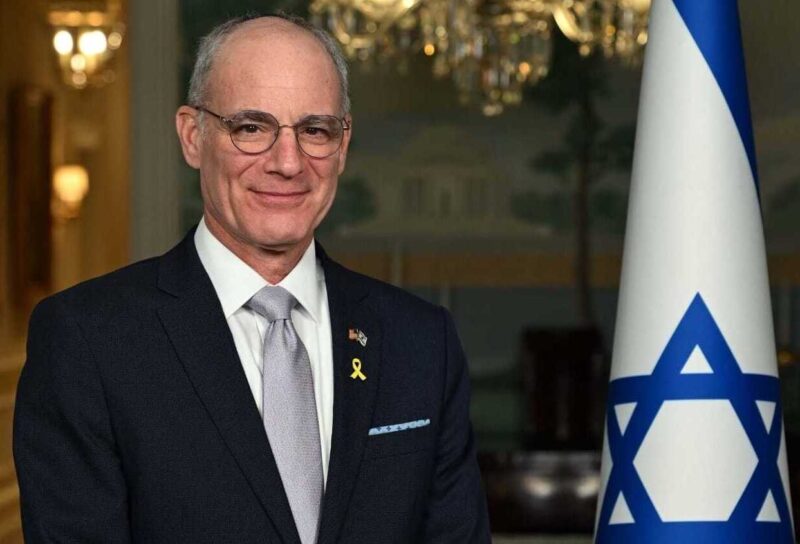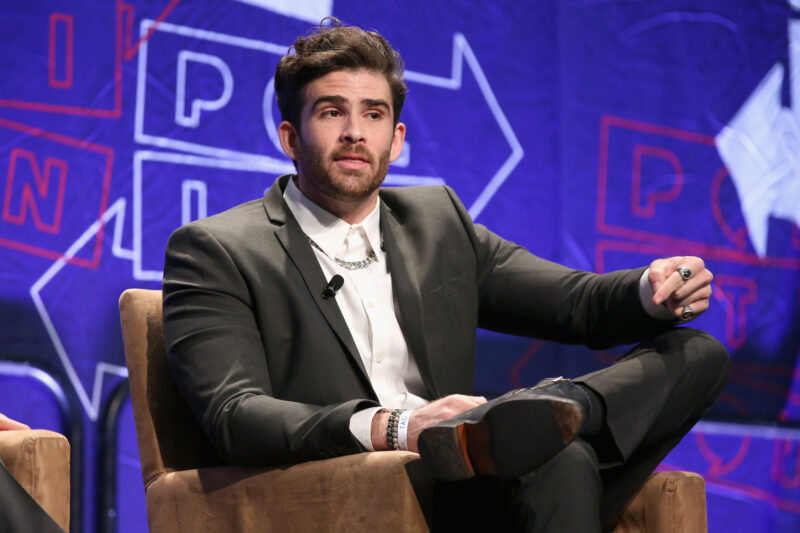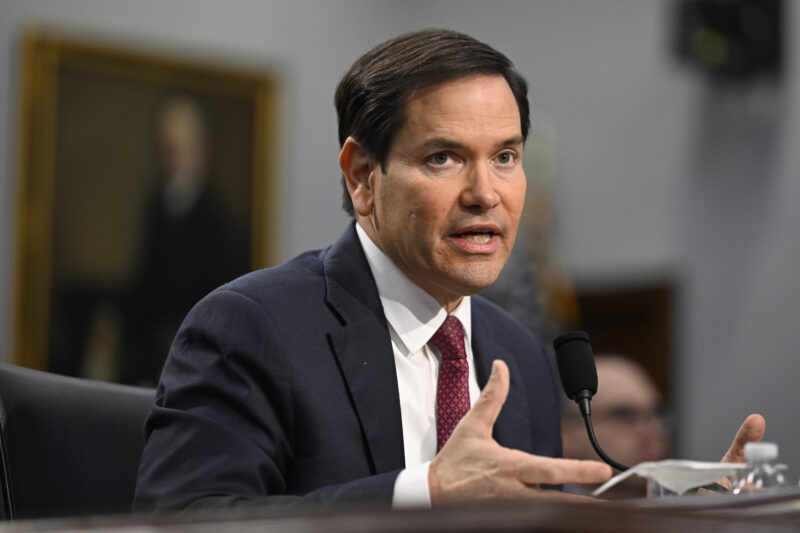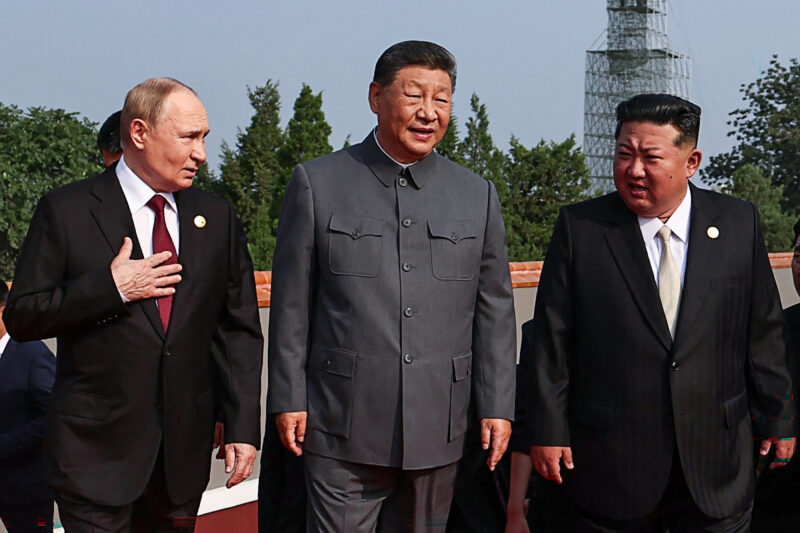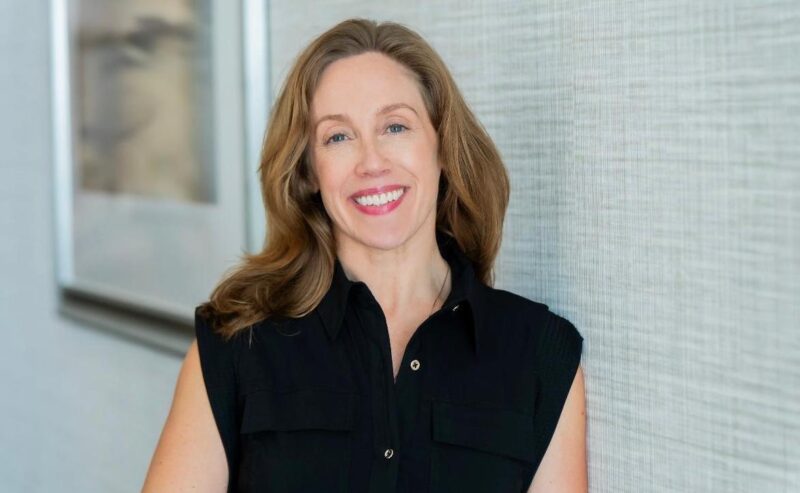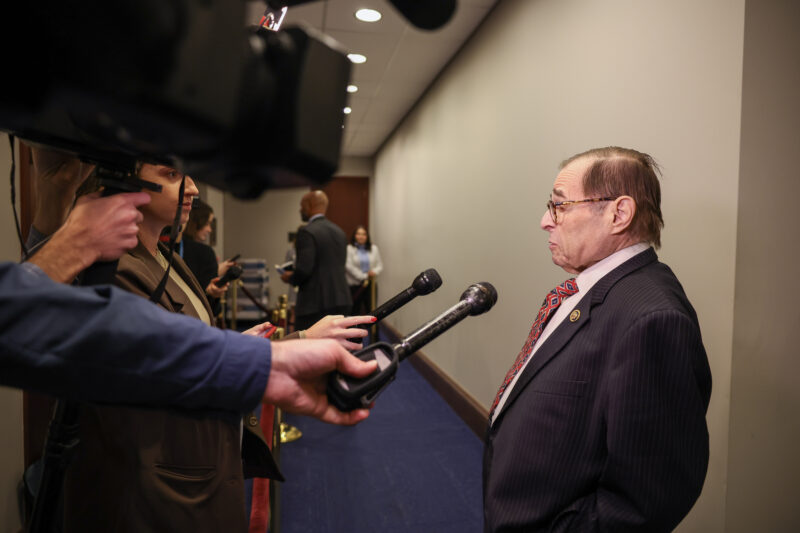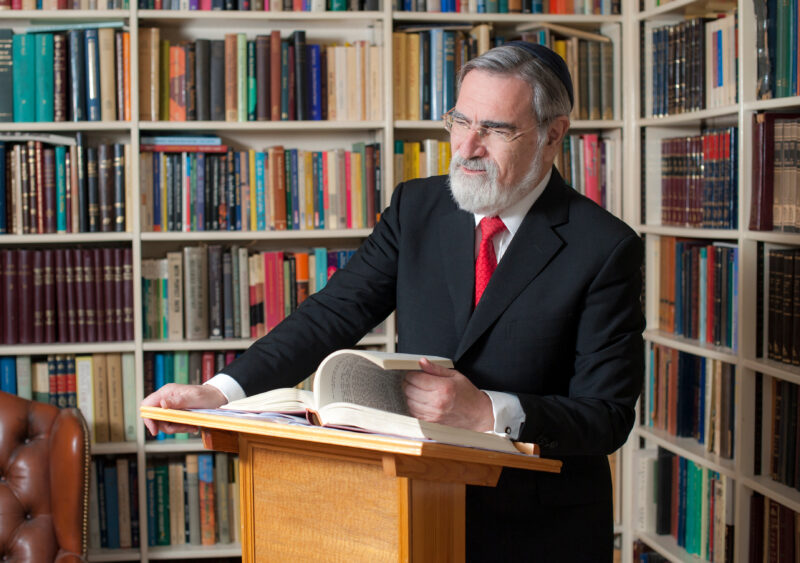Jewish voters in Detroit gear up for Stevens vs. Levin
Interviews with local Jewish constituents reveal a divide in the district’s Jewish community ahead of August primary

U.S. House of Representatives
Reps. Andy Levin (D-MI) and Haley Stevens (D-MI)
The debate within the Democratic Party over the future of its support of the U.S.-Israel relationship and what it means to be pro-Israel is set to play out in stark fashion in Michigan’s 11th Congressional District this year, with current Reps. Haley Stevens (D-MI) and Andy Levin (D-MI) facing off in a primary in the newly drawn district, where Jewish voters are poised to have significant influence.
Jewish Insider’s conversations with nearly a dozen local leaders and members of the area’s 70,000-strong Jewish community this week revealed a split between moderate and progressive Jews in the district, with moderates coalescing around Stevens and progressives siding with Levin. It’s a divide that has played out in Democratic primaries across the country in recent elections, as the mainstream Jewish community coalesces around centrist and center-left candidates, while many far-left candidates engage with Jewish groups critical of — or in some cases opposed to the existence of — Israel.
The two candidates’ differing views on Israel and Levin’s close relationships with Reps. Rashida Tlaib (D-MI) and Ilhan Omar (D-MN) are key wedge issues among Jewish voters — although supporters on both sides emphasized that they were also attracted to the candidates’ broader platforms.
Stevens supporters told JI she’s been a consistent champion of and eager to learn about the U.S.-Israel relationship, both through conversations with the community and in participating on a trip to Israel during her first term in Congress.
David Kramer, a member of Stevens’s finance committee, told JI he spoke to Stevens privately following the trip, and said it had had “a very profound impact on her.”
“I think it gave her an even greater appreciation for the importance of Israel being able to defend itself,” he said. “It reinforced a lot of what the pro-Israel community had talked to her about and what I think she had thought before.”
Other Jewish supporters who spoke to JI felt similarly.
“Haley makes many of us… feel that she genuinely cares, and that she is moderate enough to listen,” said Kramer’s mother, Zina, who has organized fundraisers at her home for Stevens. “Nobody has ever left my home wanting either more information because they feel that she didn’t answer the question, or unhappy because she said something that would not be in the best interest of the Jewish community.”
Stevens’s supporters said she is no stranger to the area’s Jewish community.
“She grew up in an area and a community and went to school where she was surrounded by a lot of Jews, and a lot of her friends growing up were Jewish. So I think she always kind of understood the Jewish community a little bit and felt comfortable around the Jewish community,” David Kramer said. “She, from the beginning, was very embracing of meeting with the Jewish community and understanding our issues.”
Her views on Israel are, according to supporters, in agreement with the prevailing opinion among Jews in the district.
Marcie Orley, a member of the board of the Jewish Democratic Council of America, told JI, “She I think reflects, in her positions, the values of the community that she represents, because Detroit and the Detroit Metropolitan Area is a community that has very strong ties to Israel.”
Several of the Stevens supporters who spoke to JI said they had supported Levin, his father — former Rep. Sander Levin (D-MI) — and his uncle — former Sen. Carl Levin (D-MI) and had good relationships with Levin personally, but that Stevens was their choice in a head-to-head race.
Richard Lenter, who collected donations to run ads for Stevens in the local Jewish press during her first campaign in 2018, told JI about a recent Zoom conversation with prominent members of the local Jewish community.
“Every one of them strongly supported Haley and every one of them strongly were opposed to Levin” — because of Levin’s Israel policies, Lenter recounted.
Hannan Lis, a former leader in the local federation, Jewish Community Centers of Metropolitan Detroit and other local Jewish and pro-Israel organizations, called Levin’s public statements on Israel following last year’s conflict with Gaza “harsh,” and accused him of “agree[ing] with the position of Hamas and its justification to fire rockets into Israel.”
“[Stevens is] much more grounded in fact, and she’s much more connected to the situation as it is today, versus what I think Andy’s issues are,” Lis continued.
Many of Levin’s critics said they’ve participated in events where he has discussed Israel, and felt that he was not receptive to their concerns. Stevens supporter Michael Horowitz called him “dismissive.”
“I have been in small group conversations with him, and he does not acknowledge any of the culpabilities from the Palestinian side of the issues,” Horowitz said. “He comes from a perspective that — while he professes to be pro-Israel — his rhetoric is always one of blaming Israel without similar culpability on the other side.”
Levin’s Jewish supporters defended his pro-Israel credentials.
“Congressman Levin has a deep love for Israel in his trips there and his upbringing,” Alicia Chandler, the former interim executive director of Detroit’s combined Jewish Community Relations Council/American Jewish Committee organization, told JI. “He, I think, feels his Zionism in his kishkes. His Zionism is a nuanced one… Congressman Levin has continually pushed forward that idea of a two-state solution and wants the conversation of how we accomplish that in our lifetimes.”
Chandler dismissed the idea that Levin is unwilling to engage in conversations on the issue.
“He doesn’t back off of having difficult conversations and he’s very open to hearing from all members of the community, whether folks who agree with him as well as folks who don’t always agree with him,” she said.
Hayley Sakwa, a member of IfNotNow and Detroit Jews for Justice, a Jewish social activist group founded by Levin, also pushed back.
“He is one of the only Jewish leaders in Congress who I actually see fairly assessing this issue and putting forth legislation and placing pressure on all parties involved to make sure that we’re actually securing safety and dignity for everybody,” she said.
Sakawa pointed to sections of Two-State Solution Act — a bill introduced by Levin last year that condemns Israeli settlements and places restrictions on military aid to Israel — that are critical of Hamas and the Palestinian Authority.
“He introduced the Two-State Solution Act to help the United States take meaningful steps towards achieving peace in Israel and Palestine, which he believes in strongly,” said Roslyn Schindler, a former professor of Holocaust studies who met Levin through their synagogue. “He believes that the surest way to ensure a secure democratic homeland for the Jewish people is to at last recognize the human and political rights of the Palestinian people and end the military occupation.”
Stevens supporters also highlighted Levin’s close relationships with progressive members of Congress — particularly Omar and Tlaib — who have made statements that some see as antisemitic, as a cause for concern.
“I’m very concerned about his friendship with people like Rashida and Omar; he’s not willing to stand up and really address Rashida’s words and actions,” Lis said.
Horowitz went further, saying, “[Levin] has gone on record supporting many individuals in Congress who have done things that have antisemitic overtones. He has not been an advocate of addressing the issues of antisemitism in this country.”
Levin’s supporters largely see his relationships with such members as an asset.
“I think that you can get further with them tempering their views and their votes by working with them, rather than out of hand, just saying, ‘I despise you, and I’m not going to work with you,’” Lori Goldman, the founder of Fems For Dems, a Michigan activist group, said. “And I know a lot of Jewish people that do that. And you know what? It gets you nowhere.”
Chandler called Levin “a really, really important bridge to some of the more progressive spaces,” who allows “a conversation to continue.”
Goldman also described Levin as an effective crusader against antisemitism beyond the halls of Congress.
“He addresses it frequently,” Goldman said. “He is a very outspoken man who’s not afraid to speak his mind. He doesn’t speak in platitudes. And he doesn’t fail to respond to what’s going on at the moment. And that has to do with antisemitism too.”
Levin’s supporters also highlighted his leading role in helping to free Danny Fenster, the American Jewish journalist jailed in Myanmar last year, who lives in the Detroit area.
“He worked tirelessly day in and day out to bring Danny Fenster home,” Schindler said. “It shows how devoted Andy Levin is to the constituents in his district, his accessibility, his advocacy, and his steadfastness.”
The Fenster family likewise credited Levin’s work in the case, writing in a Facebook post, “Congressman Levin’s commitment to our family was evident from Day 1… His advocacy on Danny’s behalf publicly and privately — in Washington and home in Michigan — pulled together not only every level of government, but helped galvanize a community of supporters that amplified Danny’s story for the world to witness.”
The race for the Jewish vote in the 11th District could turn negative. Lenter predicted that some Jewish Stevens supporters, through outside PACs, may go on the offensive against Levin.
“If there are a number of leaders in the Jewish community who have animus towards Congressman Levin, then they’re going to express it,” he said. “I don’t think Haley Stevens is going to do that… But on the other hand, if they’re independent PACs, of which she has no control, who knows what the PACs will do.”
The split has already gone national: bipartisan Pro-Israel America endorsed Stevens in mid-2021, long before the state’s congressional map had been redrawn, and left-leaning J Street endorsed Levin in early January after they both declared their candidacy in the 11th.
“We’ve seen in [Stevens] someone who is a strong and consistent supporter of the U.S.-Israel relationship,” PIA Executive Director Jeff Mendelsohn told JI. “She made her support clear early on in her tenure in Congress and she’s lived up to that with her actions.”
Mendelsohn pointed to the Two-State Solution Act as a primary example of why PIA is supporting Stevens over Levin, arguing that the content of the legislation is “lopsided” and includes provisions “unhelpful to the U.S.’s relationship to Israel and the peace process itself.”
J Street is a key backer of the Two-State Solution Act.
“Time and again, Rep. Levin has proven himself to be a passionate, thoughtful and dedicated champion for the policies and beliefs that truly matter to J Street and our supporters,” J Street spokesperson Logan Bayroff told JI. “He embodies what it looks like to combine love for Israel with concern for its future and a commitment to core Jewish values of peace, justice and equality. There’s simply no question that Rep. Levin deserves the endorsement and support of the pro-Israel, pro-peace movement.”




